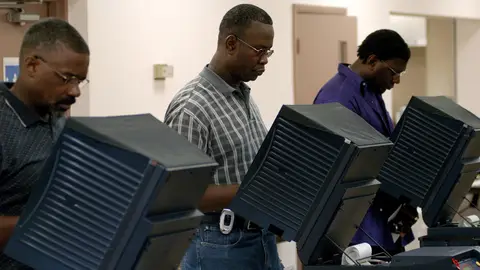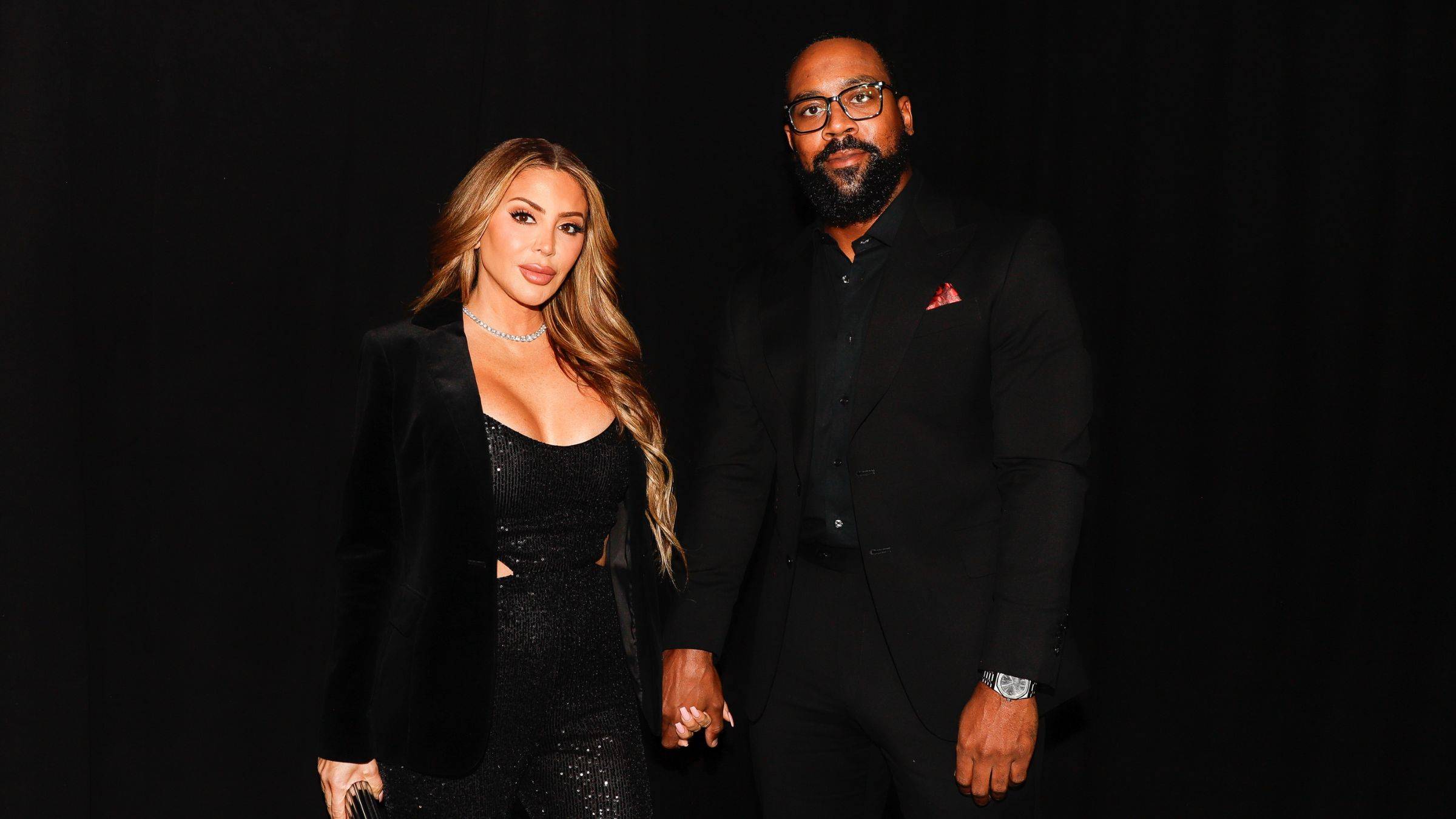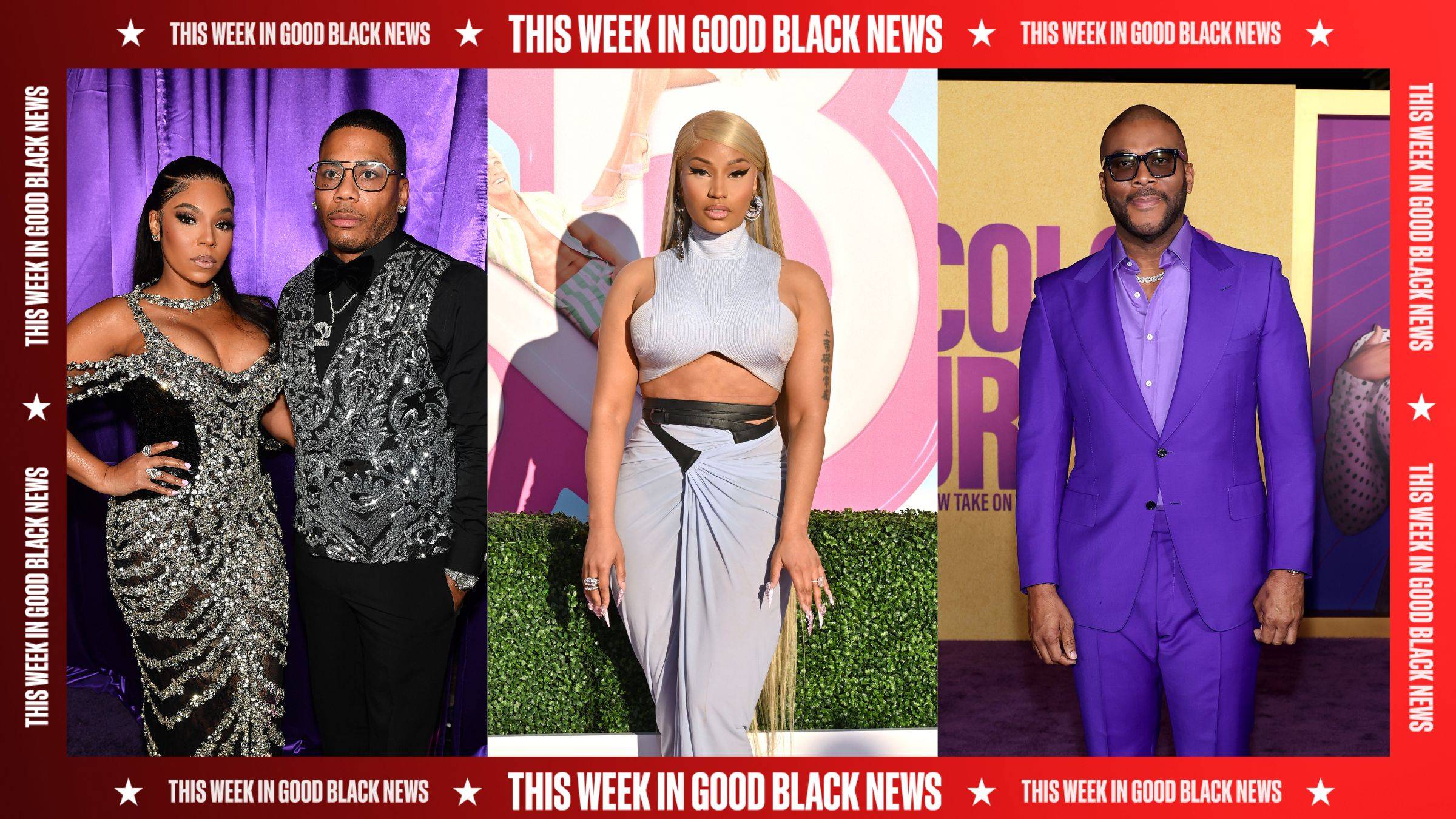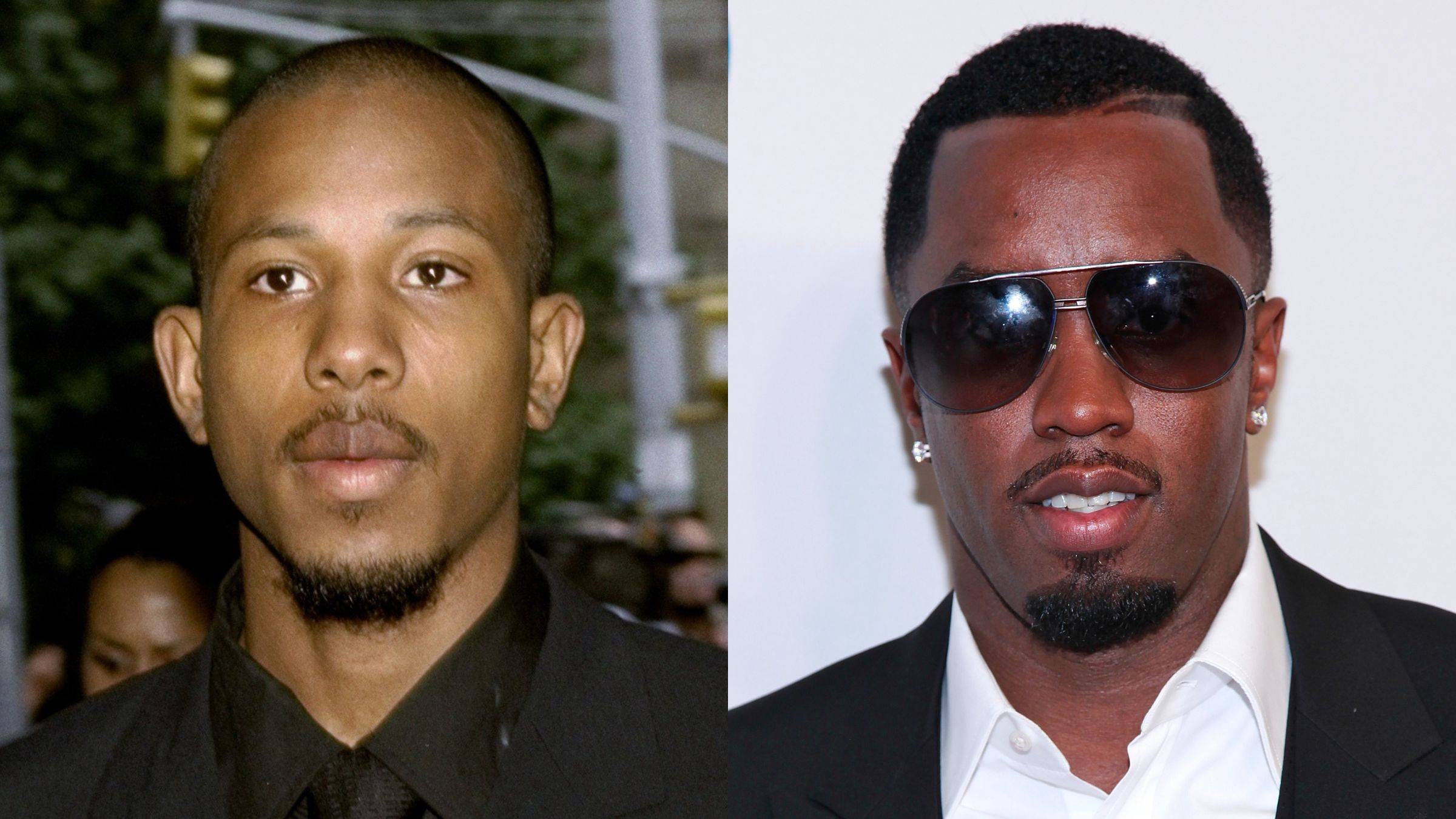Commentary: Putting a Number on Voter ID Disenfranchisement

The voter ID laws threatening many Americans’ voting rights have been a subject of discussion for months now as we get closer to the massively important November election. Despite Attorney General Eric Holder saying very clearly that the Justice Department will fight aggressively against bogus laws seeking to disenfranchise Americans, there remains a number of GOP-led efforts to keep Americans without ID — many of whom are Black — out of voting booths on Election Day. But just how many people are destined to be affected by the voter ID laws if they take effect? According to a new report, more than you probably think.
In a report released last week by the Brennan Center for Justice at New York University School of Law, researchers suggested that as many as half a million voters in the 10 states with voter ID laws could be kept from voting on Nov. 6. That may not seem like a lot in a nation of 300 million, but when you consider that Barack Obama won less than eight million more votes than John McCain in 2008, it adds some context. Worse still is that the report also found that many of the people hurt by the voter ID laws will also have trouble obtaining ID in time to vote.
The report found that while legal precedent requires states to provide free voter IDs to eligible residents who don't have them, even free IDs are not always easy to obtain. Structural barriers such as lack of transportation, restricted access to ID-issuing offices, the cost of necessary documentation, and bureaucratic red tape could prevent many Americans from voting in November.
About 11 percent of eligible voters lack current government-issued photo IDs, and "seniors, low-income individuals [and] minority voters are particularly overrepresented within that group," the report's co-author Keesha Gaskins told reporters in a conference call Wednesday afternoon.
The center’s research shows 1 in 10 eligible voters lack the necessary government-issued photo ID required by new restrictive voter ID laws, including 25 percent of African-Americans and 18 percent of Americans over 65.
Among other problems, the report found that thousands upon thousands of eligible voters without ID also don’t have vehicles to get them to far off ID-issuing facilities. Still others can’t afford the bureaucratic fees associated with getting an ID. A few dollars may not seem like a lot to many people, but to some Americans, that’s the difference between having dinner and not.
"The response of proponents of these laws has been, well, just get an ID," Lawrence Norton, deputy director of the Brennan Center's Democracy Program, told HuffPo. "Unfortunately, for many people, this is not going to be such a simple solution."
Again, it’s important to stress that these ID laws are being backed mostly by Republicans, who know that they will impact a lot of poor Black people, many of whom would probably vote for Obama. That in mind, it’s also important to ask ourselves this question: When your strategy for victory includes making sure poor Black people can’t vote, what kind of government are you fighting for anyway?
The opinions expressed here do not necessarily reflect those of BET Networks.
BET Politics - Your source for the latest news, photos and videos illuminating key issues and personalities in African-American political life, plus commentary from some of our liveliest voices. Click here to subscribe to our newsletter.
(Photo: Jamie Rose/Getty Images)
(Photo: Tim Boyles/Getty Images)





